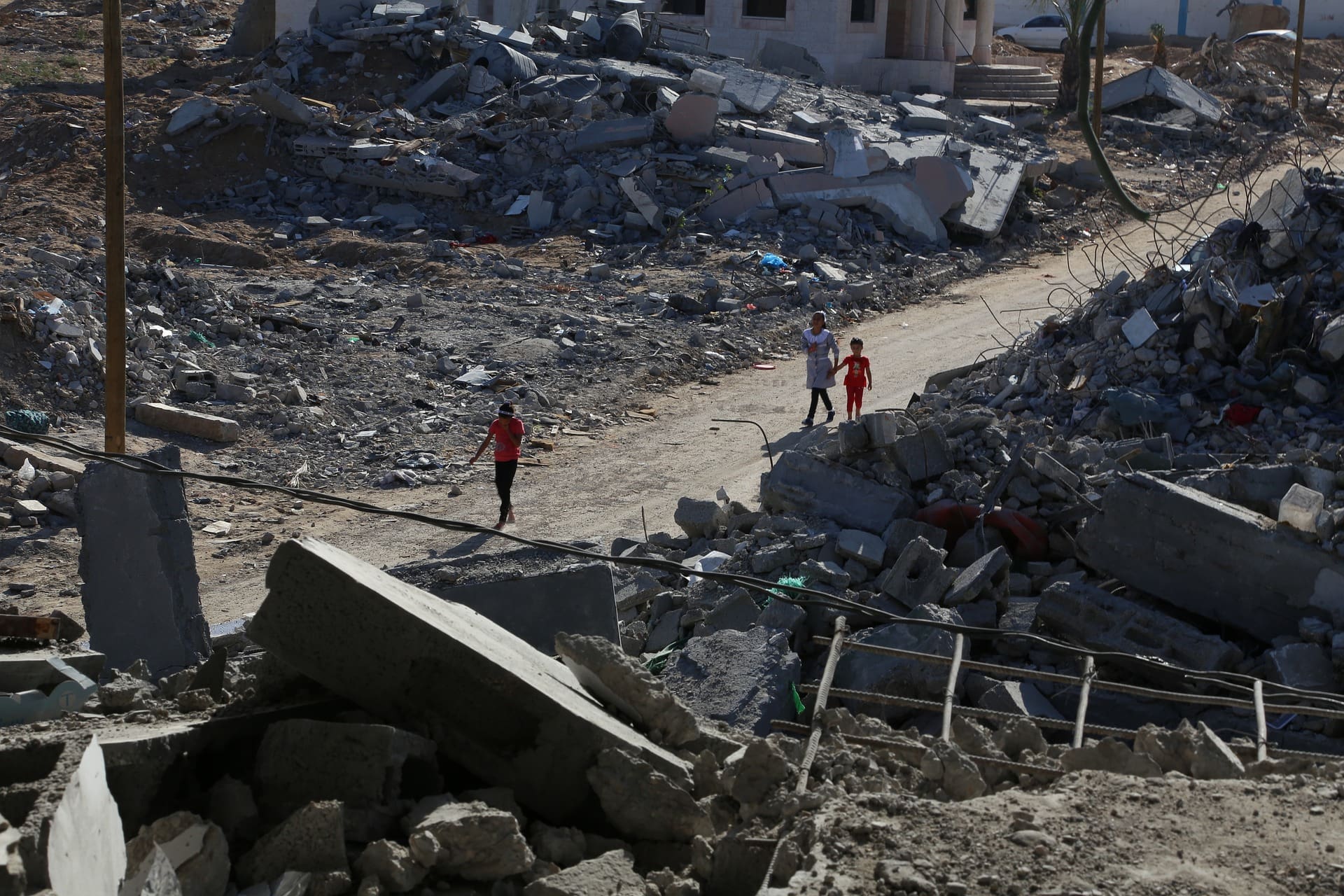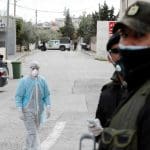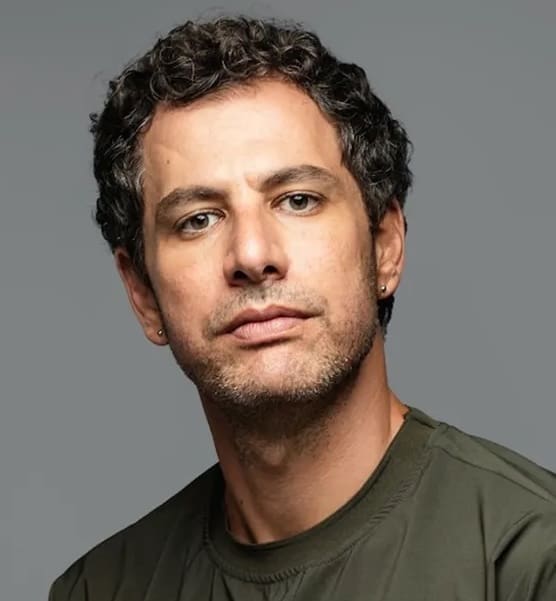
For years, Palestinians have decried the devastating conditions in Gaza, only to see those conditions continue to worsen. What’s prevented real change from happening on the ground, and what ramifications has this had on Palestinians in Gaza and the broader struggle for Palestinian liberation?
In this policy lab, analysts Tareq Baconi and Yasmeen El-Khoudary weigh in on these questions and more.
Al-Shabaka Member Yasmeen El Khoudary is an independent London-based researcher and writer specialised in Palestinian archaeology and cultural heritage, with a focus on Gaza. She holds an MA in Cultural Heritage Studies from University College London. Prior to moving to London, she co-founded Diwan Ghazza, an independent, voluntary cultural initiative based in Gaza. She has published extensively on several topics in the Guardian, CNN, and Al-Jazeera English, among others. Twitter handle: @yelkhoudary | Blog: yelkhoudary.blogspot.com.
Tareq Baconi serves as the president of the board of Al-Shabaka. He was Al-Shabaka’s US Policy Fellow from 2016 – 2017. Tareq is the former senior analyst for Israel/Palestine and Economics of Conflict at the International Crisis Group, based in Ramallah, and the author of Hamas Contained: The Rise and Pacification of Palestinian Resistance (Stanford University Press, 2018). Tareq’s writing has appeared in the London Review of Books, the New York Review of Books, the Washington Post, among others, and he is a frequent commentator in regional and international media. He is the book review editor for the Journal of Palestine Studies.
















